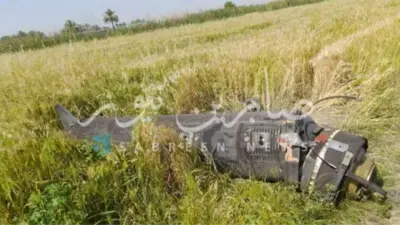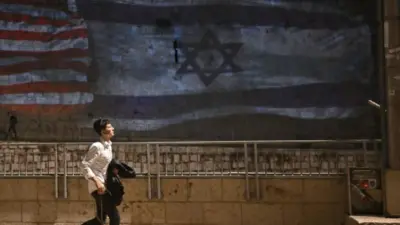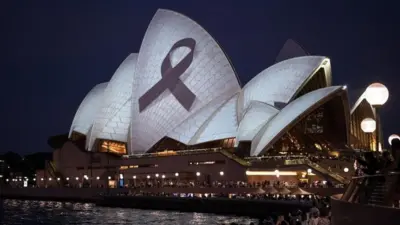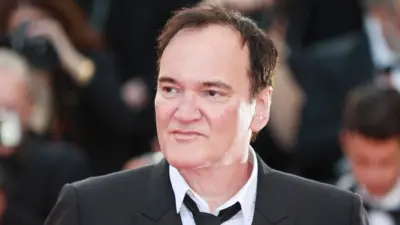We've updated our Privacy and Cookies Policy
We've made some important changes to our Privacy and Cookies Policy and we want you to know what this means for you and your data.
Edward Colston statue case sent to Court of Appeal
Image source, PA Media
The acquittal of four people on trial for toppling Bristol's Edward Colston statue has prompted the attorney general to contact the Court of Appeal.
Suella Braverman is seeking clarification of the law around what can be used as a defence to criminal charges arising from protests.
She said the Colston case has led to "uncertainty" and asked for clarification on human rights defences.
The referral will not affect the acquittals in the case.
Milo Ponsford, 26, Rhian Graham, 30, Jake Skuse, 33, and Sage Willoughby, 22, were charged with criminal damage after the memorial to the slave trader was toppled on 7 June 2020.
Image source, PA Media
They were cleared after a trial but the verdict prompted a debate about the criminal justice system after the defendants opted to stand trial in front of a jury and did not deny involvement in the incident.
The defendants claimed in court that the presence of a statue of a man involved in the slave trade was a hate crime and it was therefore not an offence to remove it.
The prosecution argued it was "irrelevant" who Colston was and the case was one of straightforward criminal damage.
Image source, PA Media
Ms Braverman has contacted the Court of Appeal concerning the scope of defences that can be used for criminal charges arising from protests and the directions which should be given to juries.
She said the case has caused uncertainty between the offence of criminal damage and the right to protest peacefully.
The Court of Appeal will be asked to clarify the law around whether someone can use a defence related to their human rights when they are accused of criminal damage.
'Guardian of liberty'
"After careful consideration, I have decided to refer the Colston statue case to the Court of Appeal to clarify the law around protests," said Ms Braverman.
"Trial by jury is an important guardian of liberty and critical to that are the legal directions given to the jury.
"It is in the public interest to clarify the points of law raised in these cases for the future.
"This is a legal matter which is separate from the politics of the case involved," she added.
Top Stories
Features & Analysis
Most read
Content is not available








